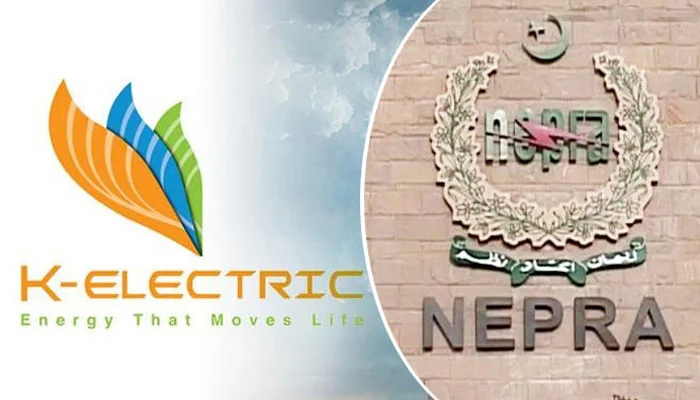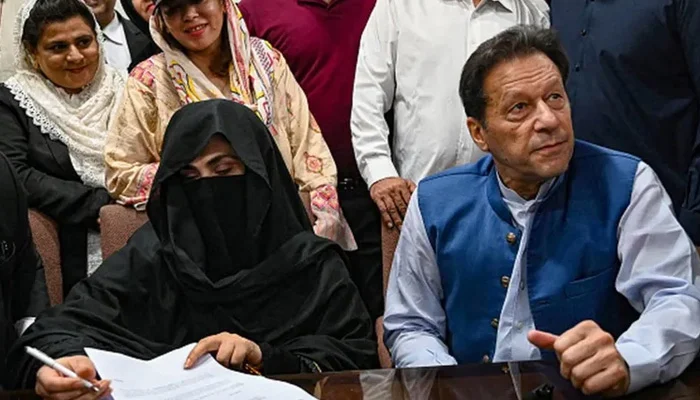The Punjab Government has officially approved the Roshan Gharana programme, a significant initiative aimed at promoting the use of solar energy among electricity consumers. Provincial Information Minister Uzma Bukhari announced the programme during a press conference in Lahore, highlighting the government’s commitment to providing sustainable energy solutions and improving the quality of life for its citizens.
Key Features of the Roshan Gharana Programme
Under the Roshan Gharana programme, electricity consumers will have the opportunity to purchase solar panels by making an initial payment of just 10 percent of the total cost. The Punjab government will cover the remaining 90 percent, making it easier for households to transition to solar energy.
“This initiative is a part of our broader efforts to promote sustainable energy solutions and reduce the burden of electricity costs on our citizens,” said Uzma Bukhari. She emphasized that the programme will significantly benefit low and middle-income households, helping them save on their electricity bills and contributing to a greener environment.
Commitment to Sustainable Development
Provincial Information Minister Uzma Bukhari reiterated the government’s commitment to sustainable development and the well-being of its citizens. She noted that the Punjab government, under the leadership of Chief Minister Maryam Nawaz, is actively working on various projects aimed at improving the living standards of the people.
“The Roshan Gharana programme is just one of the many initiatives we are implementing to ensure a better future for our citizens. We are dedicated to providing affordable and sustainable energy solutions, and this programme is a testament to our commitment,” said Bukhari.
Additional Welfare Projects
In addition to the Roshan Gharana programme, the Punjab government is also working on several other welfare projects. Uzma Bukhari mentioned that the federation has approved a relief package for electricity consumers, which includes a subsidy for up to 200 units of electricity. This measure is expected to provide significant financial relief to low-income households.
Moreover, the government is implementing projects aimed at reducing the cost of essential commodities. These initiatives include schemes to provide affordable ration and reduce the price of bread, ensuring that basic necessities are accessible to all citizens.
Impact on Citizens
The Roshan Gharana programme is expected to have a profound impact on the lives of Punjab’s residents. By making solar energy more accessible and affordable, the programme will help reduce the reliance on conventional energy sources, which are often expensive and environmentally harmful. This shift to renewable energy will not only lower electricity bills for households but also contribute to the reduction of carbon emissions, promoting a cleaner and healthier environment.
Additionally, the relief package for electricity consumers and the various welfare projects aimed at reducing the cost of living will provide much-needed support to families struggling with financial difficulties. These measures reflect the government’s dedication to addressing the immediate needs of its citizens while also planning for long-term sustainable development.
The approval of the Roshan Gharana programme marks a significant step forward in the Punjab government’s efforts to promote sustainable energy and improve the quality of life for its citizens. With the government’s substantial financial support, the programme will make solar energy more accessible and affordable, benefiting both the environment and the economy.
Provincial Information Minister Uzma Bukhari’s announcement highlights the government’s ongoing commitment to implementing welfare projects that provide immediate relief to citizens and foster long-term development. As the Punjab government continues to roll out these initiatives, the people of Punjab can look forward to a future with improved living standards and greater energy sustainability.



